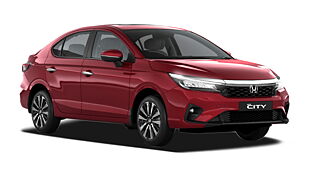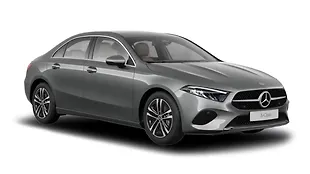Content
If things fall in line, soon the streets of Meerut, Uttar Pradesh will see a replacement for the trusty traffic policeman. Automated law enforcers a.k.a Robocops will be the ‘people’ managing traffic in Meerut.
The top cops there intend to start a pilot project using robots at traffic crossings in the city. The endeavour will make them the first city in India to go the robotics way.
The project is the brainchild of DIG (Meerut range) Ramit Sharma, who is also an engineering graduate. The project does not render the traffic cops jobless rather it aims to help them. The intention is to divide the jobs in such a way that the humans are free to issue challans and help the pedestrians if needed, while robots synchronised with the traffic signals at a particular crossing manage the flow of the vehicles.
The proposal has received a go-ahead from the Additional Director General (Technical) of UP Police and is all set to begin. The final details will be ironed out by August 17. In another case of impressive utilisation of resources, the department has decided to rope in engineering colleges in Meerut to help them out with the robots. In case their help does not suffice, the officials intend to approach colleges in Noida and Ghaziabad as well.
Initially, it will be a pilot project and run on a test basis on selected crossings in the city.
This is a first for India but in places like the Democratic Republic of Congo you already have this project being implemented. There, robotic traffic cops are eight-foot-tall humanoids stationed at traffic intersections in the capital, Kinshasa. These boxy, aluminium automatons feature hand-mounted traffic lights with LED displays and cameras powered by inbuilt solar panels, swiveling their metallic centre around to address pedestrian and vehicular flows on major streets.
Imagine robots managing the traffic at Saki Naka in Mumbai, Chandni Chowk in Delhi, or old city in Hyderabad - we are pretty sure we might find the metal parts sold as scrap and the circuits at the computer market the very next day.




























